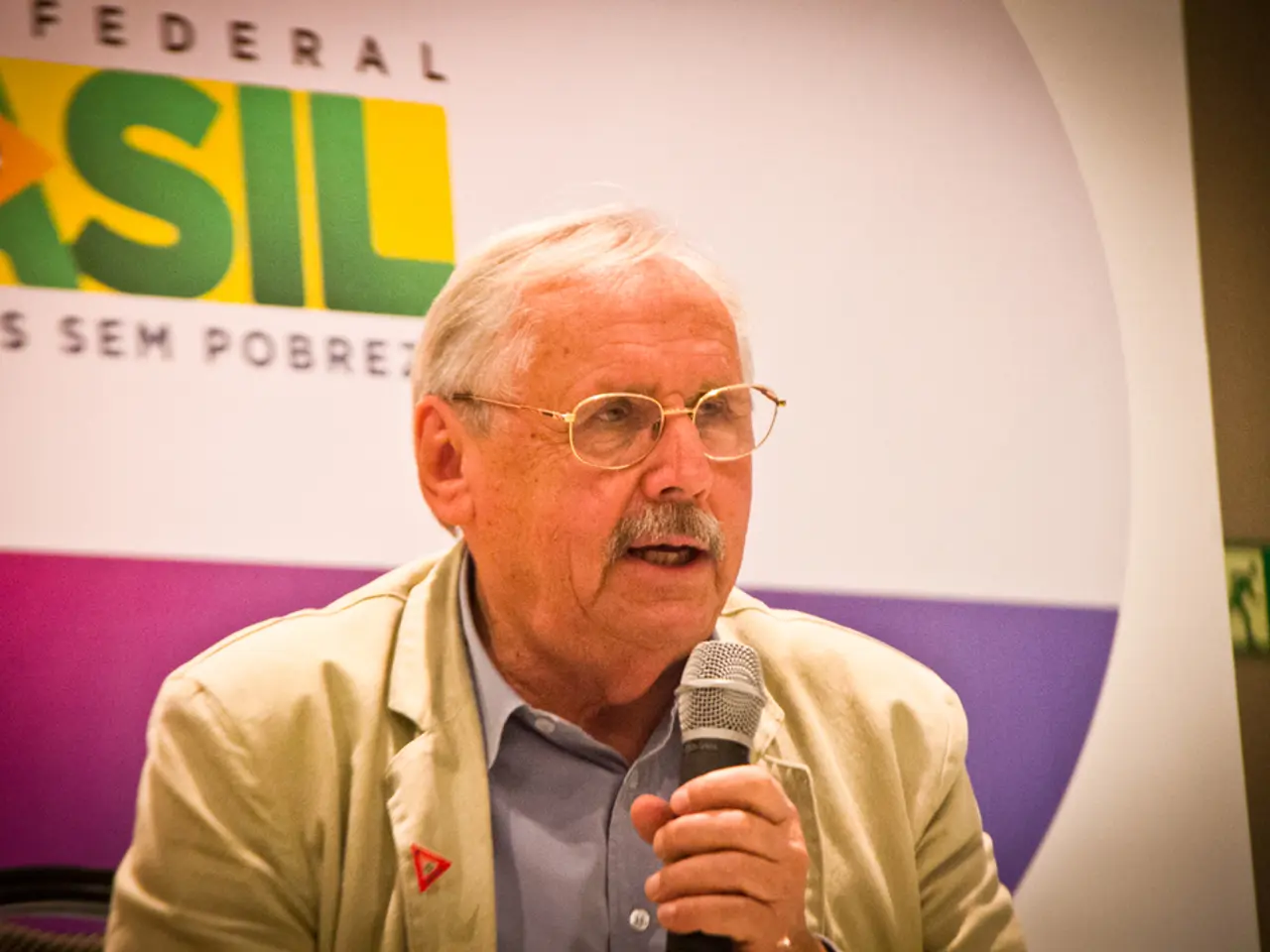In Germany, non-religious individuals (referred to as 'Nones') surpass both Catholics and Protestants, marking a first in the country's religious landscape.
For the first time in Germany, non-religious individuals, commonly known as 'nones,' have outnumbered both Roman Catholics and Protestants.
As per the latest survey by the Weltanschauungen (Fowid) research group, in 2024, a staggering 39 million Germans identify as 'nones,' accounting for 47% of the population. On the other hand, the combined following of the Roman Catholic and Protestant churches stands at 38 million (45%).
The report also reveals that, by the end of 2024, Roman Catholics constitute 24% of the religious population, followed by 21% of Protestants, 3.9% of Muslims, and 4.1% of other religious communities.
The research group attributes the higher number of suppressions for the Catholic Church in 2023 and 2024 as the primary reason for the recent decline in church membership. They note that both churches collectively lost around 580,000 members, resulting in a loss of more than one million members for the combined churches for the fourth time.
Interestingly, the number of Muslims in the country increased by 80,000 in 2024, as per religious affiliations in the asylum applications in the Annual Report of the Federal Office for Migration and Refugees for 2024.
In terms of church attendance, the survey reports that 6.6% of Roman Catholics attended church services at least once a month, while the number stood at 2.3% for the Protestant regional churches. Around 25% of Muslims attend mosques, according to the data.
Moreover, the research group estimates that attending religious services is more important among the smaller religious communities, suggesting a higher level of religious practice among them compared to the official church, which could be around 50%.
With the decline in church membership and the growing secularization trend, the religious landscape of Germany appears to be undergoing a significant transformation. This shift aligns with broader societal secularization, where religion seems to play a lesser role in both public and private life. Despite religious affiliation in political institutions remaining strong, the population at large is showing an increased trend towards secular identification.
The number of individuals identifying as 'nones' in Germany is predicted to surpass both Roman Catholics and Protestants by the end of 2024, according to the Weltanschauungen (Fowid) research group. The growing trend of secularization in Germany is indicated by the increasing number of 'nones,' potentially reflecting a reduced emphasis on religion in both public and private life.





